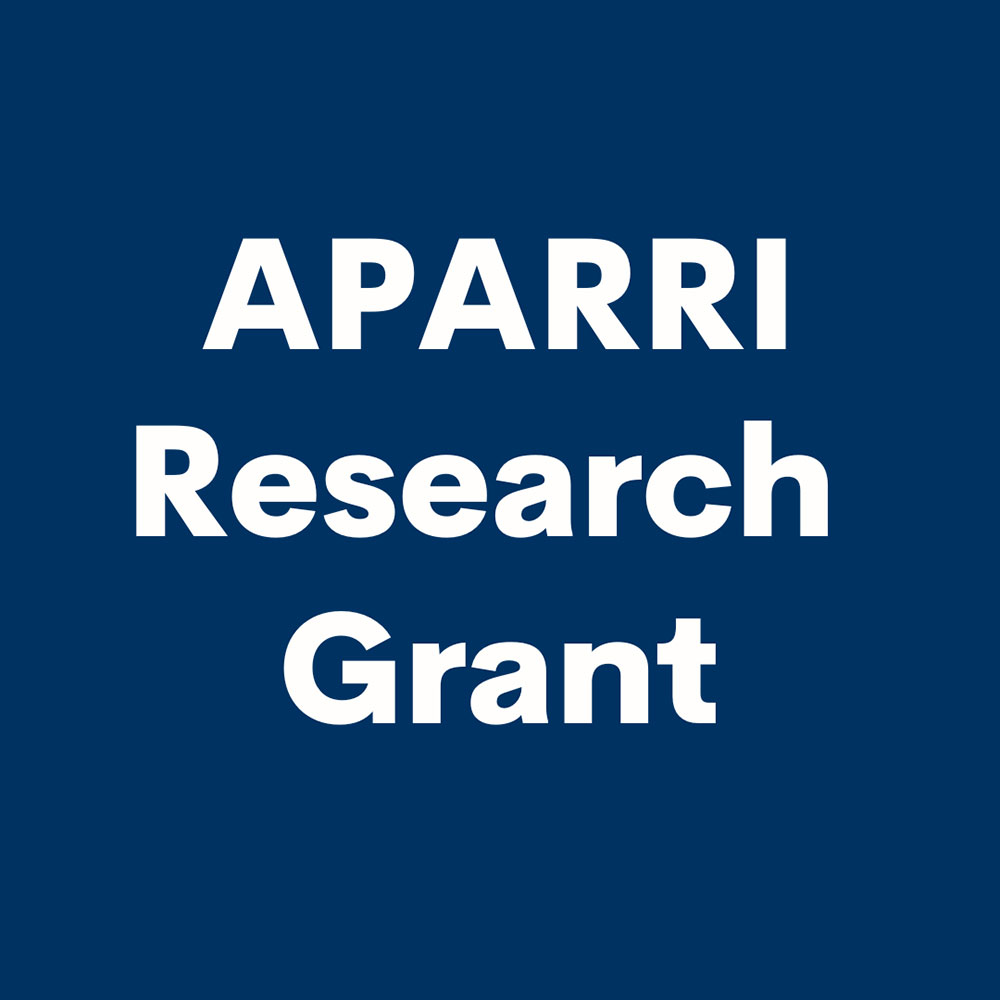
Spiritual Beliefs and Buddhist Practices: Narratives of Survival, Aging, and Community-Building Among Cambodian American Women in Long Beach, California
Sophea Seng
Assistant Professor, Asian American Studies
California State University Long Beach
Out of the turmoil of war, displacement, and resettlement, over the past four decades, Cambodian refugees have rebuilt lives through the vehicle of Buddhism. Drawing upon participant observation and ethnographic life histories with Cambodian survivors, this project explore the key role of women refugees in sustaining the community through Buddhist practices. The central question is: How does religion mediate Cambodian women refugees’ sense of community belonging, as well as their relationship with the “homeland” and wider diaspora? In Cambodia, one of the first institutions the Khmer Rouge destroyed was Buddhism. Out of 65,000, fewer than 100 monks survived the 1975-79 Khmer Rouge genocide in which 1.7 million perished. From the time that Cambodia fell to the Khmer Rouge, those in exile sponsored monks in order to rebuild temples and restore a sense of community. Even though some Cambodians have converted to Christianity, Theravada Buddhist temples remain places where community thrives.
